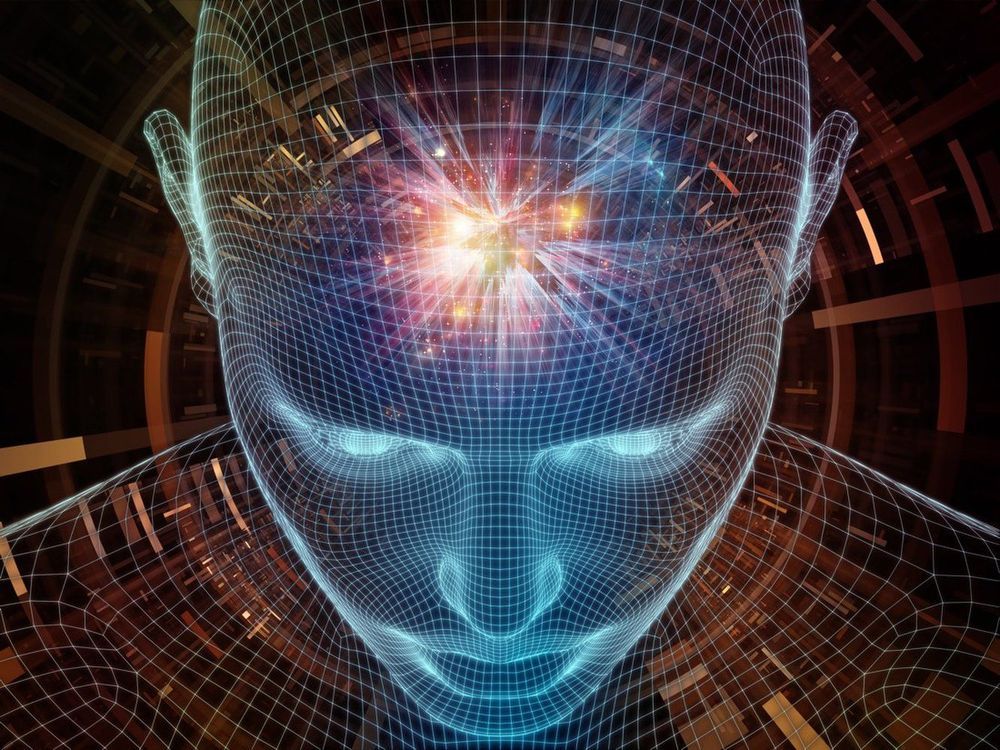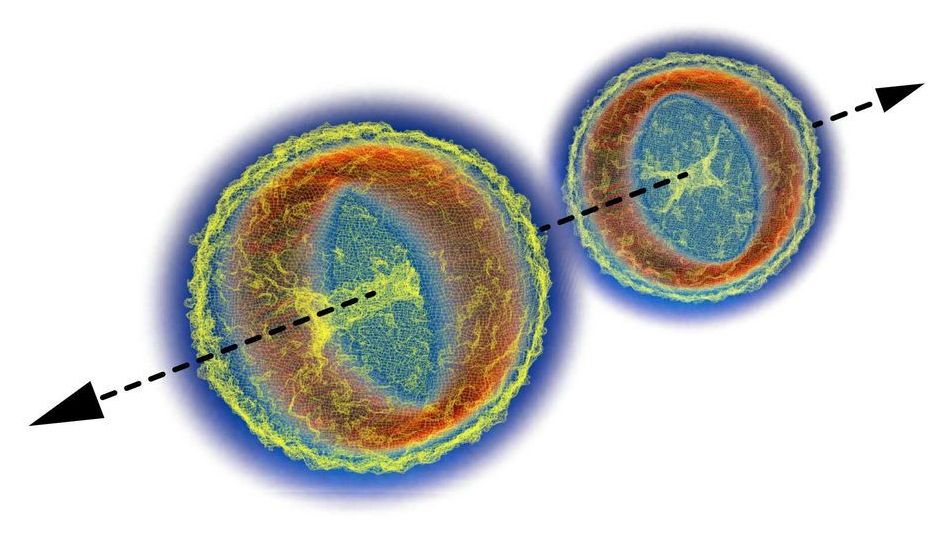SpaceX’s first 60 “production-design” Starlink satellites have been successfully placed in orbit, kicking off a constellation beta test at an unprecedented scale. According to CEO Elon Musk, all spacecraft also managed to successfully ‘phone home’ after separation.
The company’s Redmond satellite operators still need to verify that all spacecraft are functional and healthy after a Falcon 9 launch and chaotic deployment from the rocket’s upper stage, but the riskiest part of the mission is now arguably behind SpaceX. What remains is essentially a massive, hardware-rich test of SpaceX’s Starlink satellite constellation, ranging from granular flight testing of individual components to an effective simulation of a full constellation’s operations.







